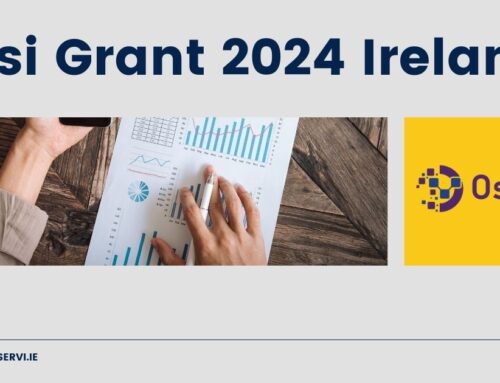In the realm of national economics, few events carry as much weight and anticipation as the annual budget announcement. It’s the fiscal roadmap that shapes a country’s financial trajectory, influencing everything from taxation to public spending. In 2024, Ireland’s budget takes center stage, eliciting keen interest and scrutiny from citizens, businesses, and economists alike. Let’s delve deep into the intricacies of the Budget 2024 Ireland, dissecting its key components and unraveling its implications.
- Economic Context: Before delving into the specifics of the budget, it’s crucial to grasp the broader economic context within which it operates. Ireland, known for its robust economy and dynamic business landscape, faces a unique set of challenges and opportunities in 2024. Factors such as global economic trends, Brexit repercussions, and domestic policies all influence the fiscal decisions outlined in the budget.
- Revenue and Expenditure: At the heart of any budget lie revenue generation and expenditure allocation. The Budget 2024 Ireland delineates how the government plans to raise funds and where it intends to allocate them. From income tax to corporate levies, various revenue streams contribute to the national coffers. Likewise, expenditure encompasses diverse sectors such as healthcare, education, infrastructure, and social welfare.
- Taxation Policies: Taxation policies often serve as a litmus test for the government’s economic priorities. In Budget 2024, expect detailed discussions on income tax rates, capital gains taxes, VAT adjustments, and other levies. These decisions not only impact individual taxpayers but also influence business operations and investment dynamics.
- Social Welfare Initiatives: Ireland’s commitment to social welfare programs is reflected in its budgetary allocations. From pension schemes to unemployment benefits, the budget outlines provisions aimed at safeguarding the welfare of its citizens. Analysis of these initiatives sheds light on the government’s stance on poverty alleviation and social equity.
- Infrastructure Investments: Infrastructure development forms the backbone of economic progress. As such, Budget 2024 is likely to earmark significant funds for infrastructure projects spanning transportation, utilities, and digital connectivity. These investments not only stimulate economic activity but also enhance the nation’s long-term competitiveness.
- Environmental Sustainability: In an era of heightened environmental awareness, budgetary decisions increasingly prioritize sustainability. Expect discussions on green initiatives, renewable energy subsidies, and carbon taxation as Ireland strives to meet its climate targets while fostering economic growth.
- Business and Innovation Support: Ireland’s reputation as a tech and innovation hub hinges on its support for businesses and startups. The budget may feature incentives for research and development, entrepreneurship schemes, and measures to attract foreign investment. Such provisions aim to catalyze innovation-driven growth and job creation.
- Debt Management Strategies: Managing national debt remains a pressing concern for policymakers. Budget 2024 is likely to outline strategies for debt reduction, debt servicing, and fiscal prudence. Balancing the imperative of economic stimulus with long-term debt sustainability poses a delicate challenge for the government.
- Social Impact Analysis: Beyond the numbers, the budget’s social impact merits close examination. Who stands to benefit from its provisions, and who might bear the brunt of austerity measures? Understanding these nuances is essential for gauging the budget’s fairness and inclusivity.
- Public Perception and Political Ramifications: Finally, the budget’s reception among the public and its political ramifications cannot be overstated. Public opinion, media scrutiny, and parliamentary debates all shape the narrative surrounding the budget, influencing future policy decisions and electoral outcomes.
In conclusion, the Budget 2024 Ireland encapsulates the nation’s economic priorities, challenges, and aspirations. Analyzing its intricacies provides valuable insights into the country’s financial landscape, guiding stakeholders in navigating the complexities of modern governance. As citizens, entrepreneurs, and investors, understanding the budget is not just a matter of fiscal literacy but a cornerstone of active citizenship in a democratic society.
Continue Reading
Get a personal consultation.
Call us today at (01) 5170179
Packages to suit your budget (we are on avg 30% better value than competitors)..
Frequent Searches Leading To Pages:
Payroll Services Ireland | Payroll Services | Payroll Ireland | Payroll Outsourcing Ireland | Outsourced Irish Payroll | Outsource Payroll Services Ireland | Outsourced Irish Payroll Services Dublin & Ireland | Ireland Payroll Service | Payroll companies Ireland | Payroll service provider




